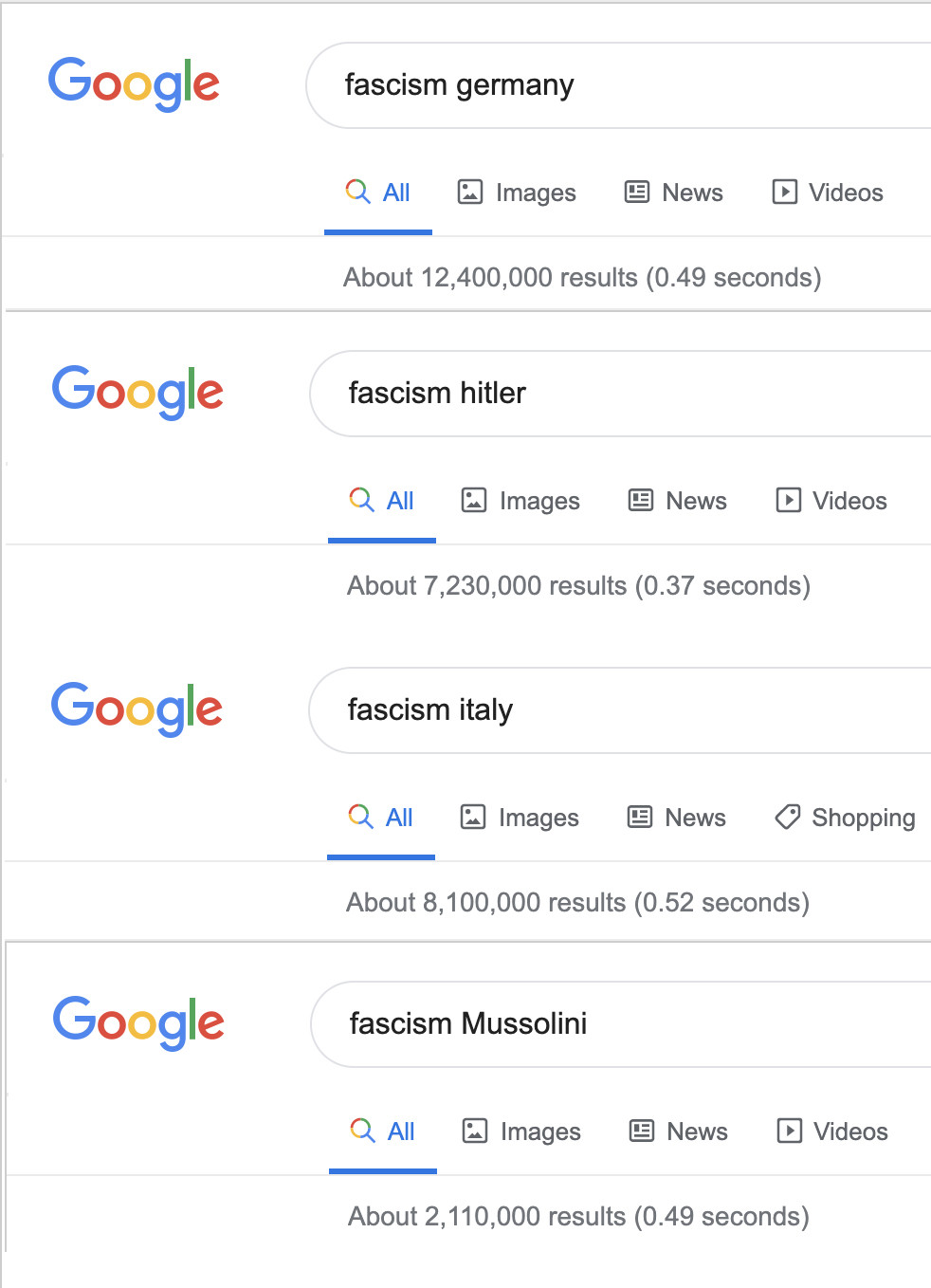The evidence from Franco's own statements strongly suggests that he did not, at least in public. In fact, from 1937, he specifically rejected the term for the Falangists, though he did concede that there were fascists within the movement. He also came close to using the word 'fascist' in a speech in 1938 but deleted it in the final version.
In early 1937 (my emphasis),
Franco had declared that it was not a matter of the Falange being a
“Fascist” movement: “The Falange has not declared itself fascist; its
founder [ José Antonio Primo de Rivera ] declared so himself.” Thereafter, the custom within the
Nationalist zone, especially among the press in the first months, of
calling the Falangists and some other groups “Fascists” was abandoned.
All that Franco had been willing to admit before the unification [of the Falangists and the Carlists] was
that the supposedly non-Fascist character of the Falange “does not
mean that there are not individual fascists … within it.”
Source: Stanley G. Payne and Jesús Palacios, 'Franco: A Personal and Political Biography' (2014)
Nonetheless, Franco's beliefs - and those of the National Movement, as well as its propaganda - were far from being entirely divorced from fascism and, in July 1938, he almost used the word in a speech (my emphasis):
Franco’s language became somewhat more “Fascist” during 1938 and 1939.
In the draft of his speech for July 18, 1938, commemorating the second
anniversary of the National Movement, he applied the adjective
“Fascist” to his regime and, more extravagantly, to the Catholic
monarchs but decided to delete it from the final version.
Source: Payne and Palacios
Note also that Franco was influenced both by the Catholic Church and by monarchists. In fact, even before the end of the civil war, he had spoken of the possibility of eventually restoring the monarchy, and he had strongly opposed the deposing of Alphonso XIII in 1931.
